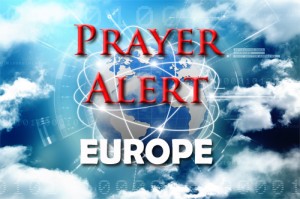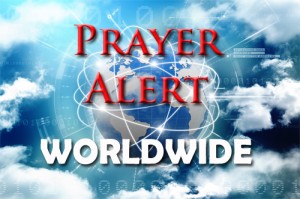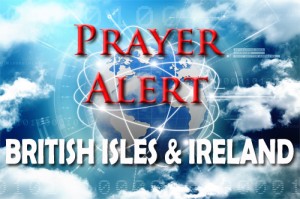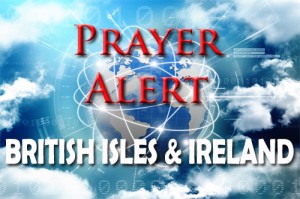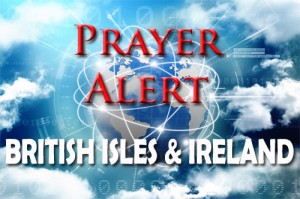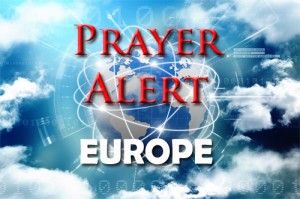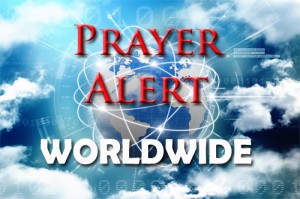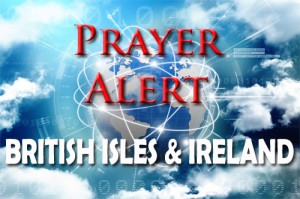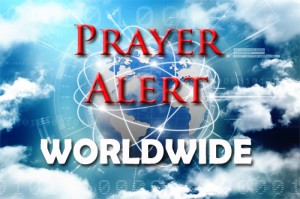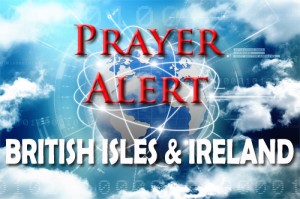Displaying items by tag: Politics
Poland's constitutional crisis
The limits of the EU’s integrationist ambitions are being exposed by a fight between Poland’s hard-line conservative government and the European Commission, because Poland is failing to maintain the ‘rule of law’. There has long been a simmering east-west split over migration, and fundamental values have burst into open warfare. Many believe this constitutional crisis could pull Europe apart. Poland is accused of reneging on the commitment it made to maintain ‘stable institutions guaranteeing democracy, the rule of law and human rights’. An Article 7 sanction procedure will be triggered against Poland if it fails to address concerns over judicial reforms or starts firing Supreme Court judges. On 26 July the European Commission set a one-month deadline for the Warsaw government to ‘solve all the problems identified’ in its judicial overhaul. The commission also set a red line for Poland, ‘if it decides to fire any of the Supreme Court judges’. Poland criticised the threats from the EU to halt their voting rights in the bloc as ‘blackmail’.
Iraq: ongoing power struggles
For centuries the social and political organisation of many Iraqis has centred on the tribe. Socially, tribes were divided into related sub-tribes, which further divided into clans, and then into extended families. Today 75% of Iraq’s people are members of a tribe with a strict honour code. Despite the liberation of most of IS-occupied areas, political differences and a struggle for power remain. There have been clashes between the Popular Mobilisation Units and the Kurdish Peshmerga forces near Kirkuk. Also, on 20 July clashes between the Sunni Nineveh Guards and the Shi’ite faction of Kataib Sayyid al-Shuhada took place in Mosul. There are fears that these clashes might expand into open warfare amid deep differences over the disputed tribal areas extending from the Iranian border, through Kirkuk province and into Yazidi areas near the Syrian border. Terrorists have also been exploiting tribal differences for years. For historical roots, see:
Brexit and UK foreign policy
The Brexit teams meet this week after a delayed negotiation start. Pray for both Davis and Barnier as they compare their respective positions; may they make good progress, identifying differences and recognising similarities that can be reinforced. The Centre for European Policy Studies believes the delay is indicative of UK politicians’ division and infighting. Pray for a healing of rifts during the summer break between chancellor Philip Hammond and his colleagues, and for harmony when parliament resumes in September. Also many believe that, whether through arrogance or incompetence, the reputation of the Foreign Office has been undermined under Boris Johnson. His comment that ‘the EU could go whistle for its money in the Brexit negotiations’ opened a potential no-deal scenario which could dismantle the economy. Pray that Mr Johnson, a man of high intelligence, may reveal the more serious and credible side of his personality.
UK, Brexit and EU changes
Europe will tackle the deep problems that drove Britons to vote Leave. The European Commission’s chief strategists say they now realise that they must change fundamentally to remain relevant to people's lives. Jean-Claude Juncker’s top officials argue that the EU is becoming more open and democratic, and that the future ‘must not be fudged or decided behind closed doors’. They directed their message to the British people, after some member states signalled that the door is still open if the UK wishes to be a part of the new future. Steve Baker, UK’s minister negotiating Brexit, said he wants the EU torn down, adding, ‘They realise that disintegration, illiberal democracy and populism are profoundly dangerous to our democratic traditions - the freedom and tolerance painstakingly built over decades, which has at times been taken for granted.’ The Archbishop of Canterbury called for a cross-party Brexit commission, saying that working together could draw much of the poison from Brexit debates.
Grenfell Tower: still burning with anger
It is over two weeks since the Grenfell Tower fire disaster, and people are still very angry. Many believe that people need not have died that night. Successive governments presided over a progressive weakening of regulation and inspection systems that would one day lead to tragedy. They had been warned again and again, by fire officers, buildings inspectors, MPs, insurers - everyone who knew anything at all about fire safety. In Scotland, after a man died in a 1999 tower block fire, the rules on permissible building materials were changed and the inspection regime tightened. The same was not done in England. In 2013, after six people died in a London tower block fire, a coroner recommended a review of fire safety regulations ‘with particular regard to the spread of fire over the external envelope of a building’. The review was never carried out. May health and safety rules never again be mocked.
Turkey: march for justice
The march from Ankara to Istanbul, from 15 June to 9 July, is a response to spreading injustice and judicial system abuse by President Erdogan’s ruling party (AKP) after last year’s coup. The 450km march and rally by the opposition party CHP offered another way of engaging in politics, not filled with divisive and hate-filled rhetoric (the default mode of AKP). Not once did Kemal Kilicdaroglu, the CHP leader, and his supporters respond negatively to pro-government followers targeting them along the route. Instead, they responded with applause. Mr Kilicdaroglu said they had gathered to break down the ‘walls of fear’ erected by the ruling party.
India: high stakes in 17 July election
India's politics are complicated by caste, racial and religious prejudices, and cultural identity. The constitution outlawed the caste system, but it is very much alive. It also guarantees religious freedom, but increasing persecution threatens that liberty. On 17 July Indians will elect a new president. The leading candidates, Mr Ram Nath Kovind and Mrs Meira Kumar, are Dalits (formerly known as ‘untouchables’). Mr Kovind is anti-Christian and anti-Muslim. Mrs Meira is said to ‘represent the values that bind India as a nation.’ Prime minister Modi wants a Hindu nation. There is a very real danger that Christians could be marginalised by the outcome of this election. An Indian Christian pastor is urging Christians reading this prayer alert to pray, ‘binding demonic spirits that are forcing through anti-conversion laws and trying to wipe out the Christian presence in India. Bind the spirit of confusion and pray for truth to reign, for God's perfect plan for India to prevail.’
Ireland: anti-Christian persecution
Christianity, no matter what form it takes, has now become unacceptable to the political and media establishments. The Bishops of Ireland call it 'a kind of persecution'. Viewed from a distance, anti-Christian activity might seem to have undergone merely an increase in intensity. But a closer inspection reveals that something more fundamental has changed. It is more subtle, taking the form of gradual exclusion of Church people or Christian activities from the public space. There is denigration of religious beliefs, practices and institutions on radio, television and on social and other media. There is often a focus on bad news about the Church, to the almost total exclusion of good news. The message is clear, in Ireland and in Britain alike: the persecution of the Christian faith has been ratcheted up a notch.
Venezuela: grenade attack on Supreme Court
Venezuela's Supreme Court has been attacked by grenades dropped from a stolen police helicopter, in what President Nicolás Maduro called a ‘terrorist attack’. The court is regularly criticised by the Venezuelan opposition for its rulings which bolster Mr Maduro's hold on power. The policeman who piloted the helicopter issued a statement denouncing the ‘criminal government’. His whereabouts are unknown. Four grenades were dropped on the court, and 15 shots were fired at the interior ministry; one grenade failed to detonate. No injuries were reported. The pilot said on Instagram: ‘We don't belong to any political tendency or party. We are nationalists, patriots and institutionalists. The fight is not against the security forces but is against the impunity of this government. It is against tyranny.’ There is a question as to whether this attack might be a prelude to a coup attempt.
PM meets five Northern Ireland parties
On 15 June the five main Stormont parties (DUP, Sinn Féin, UUP, Alliance and SDLP) met individually with Theresa May. These talks are attempting to restore devolution at Stormont before the 29 June deadline. There is little time left to reach a deal, as local parties attempt to take control of their future. Sinn Féin MP Elisha McCallion is concerned about the Government's neutrality, saying Mrs May and DUP leader Arlene Foster are ‘two sides of the same coin’. Mrs May had previously talked with the DUP about its support for her minority government. In a Government reshuffle, Damian Green has become the first secretary of state, and is expected to play a crucial role in the Brexit negotiations. He favours a soft Brexit, as does Mrs Foster. See also the Europe article on German media, and
